Japan Nuclear Radiation Higher Than Estimated
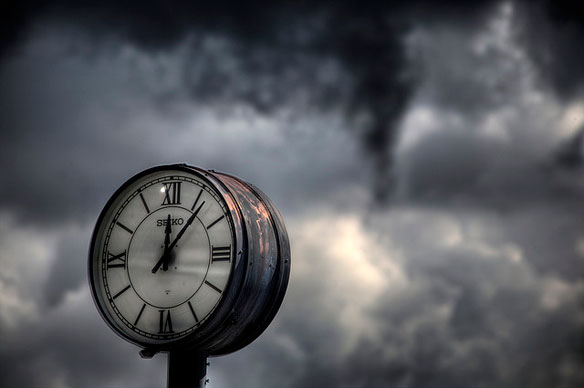
The Fukushima nuclear disaster released twice as much of a radioactive substance into the atmosphere as Japanese authorities estimated, reaching 40 percent of the total from Chernobyl, a preliminary report says
Houses Made Of Plastic Bottles, Argentina
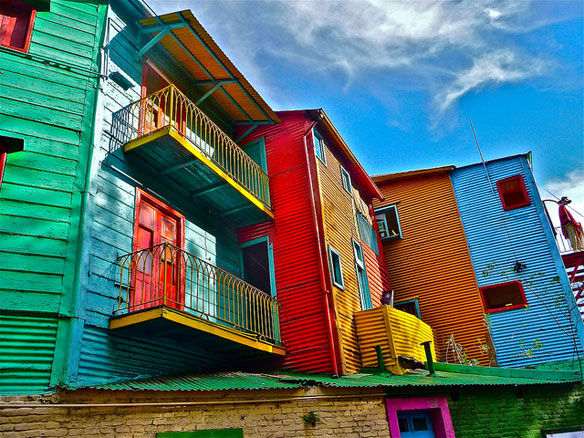
A man in Argentina who built his house and furniture out of plastic bottles has been so successful that he is now teaching other people how to do the same.
Seven Billion People Are Not The Issue: Human Sustainable Development Is What Counts
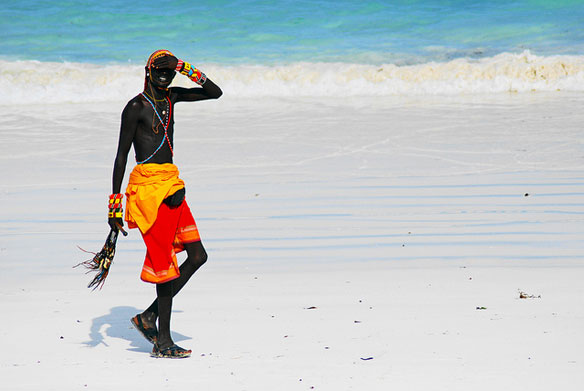
As the global media speculate on the number of people likely to inhabit the planet on October 31 an international team of population and development experts argue that it is not simply the number of people that matters but more so their distribution by age, education, health status and location that is most relevant to local and global sustainability.
Continuous Rising Waters Prompt Large Scale Evacuation In Bangkok, Thailand
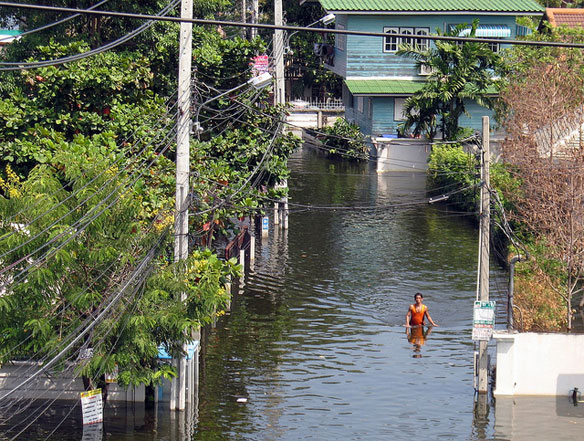
Residents fled Thailand’s capital, Bangkok, on Thursday after authorities warned the city would soon be flooded and called a special five-day holiday to let people escape.
North Sea Oil Spill Risk Unacceptably High
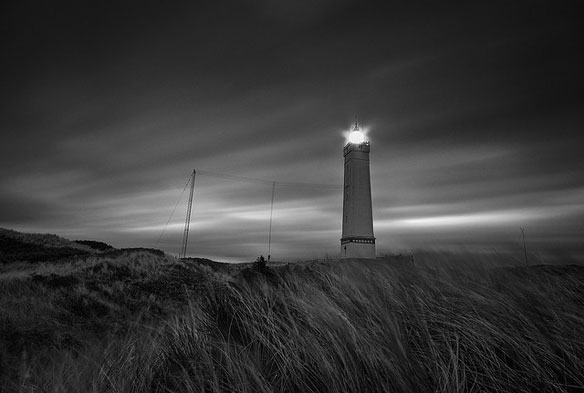
The European commission has warned that the likelihood of a Deepwater Horizon-type accident in the North Sea remains “unacceptably high” as it outlined new laws to counter the danger.
Small nations push climate at Commonwealth talks
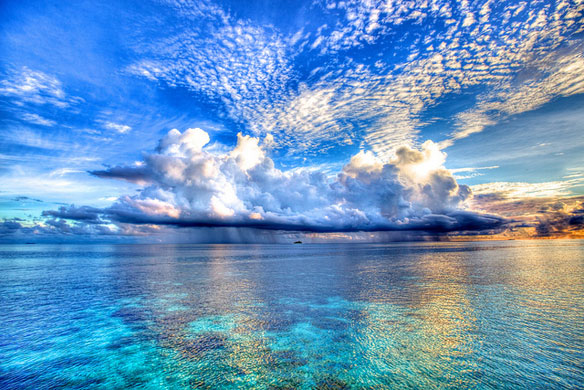
Pacific islands and other low-lying countries experiencing global warming consequences and rising seas, will use a Commonwealth summit this week to ramp up pressure in the climate change debate, on powerful and majors polluters – the United States and China – that are not doing enough to cut their greenhouse gas emissions.
Climate: Which Nations, Cities Most At Risk?
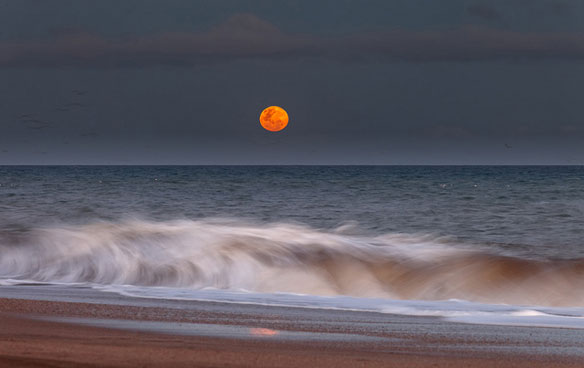
A third of humanity, mostly in Africa and South Asia, face the biggest risks from climate change, and rich nations in northern Europe will be least exposed, according to a report released Wednesday, by Maplecroft, a British firm specialising in risk analysis.
The Condit Dam Breach
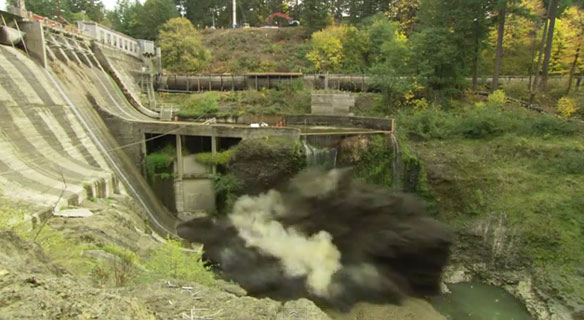
For 95 years, the 125-foot high Condit Dam in rural Washington State held back the White Salmon River. In an historic effort, the dam was dramatically breached to restore, for the first time in a century, the waterway to fish and other aquatic organisms, as well as the birds and mammals that rely on them. The dam removal comes just weeks after dismantling began on the Elwha Dam a few hours to the north.
BP Gets 1st Deepwater Gulf Permit Since Oil Spill
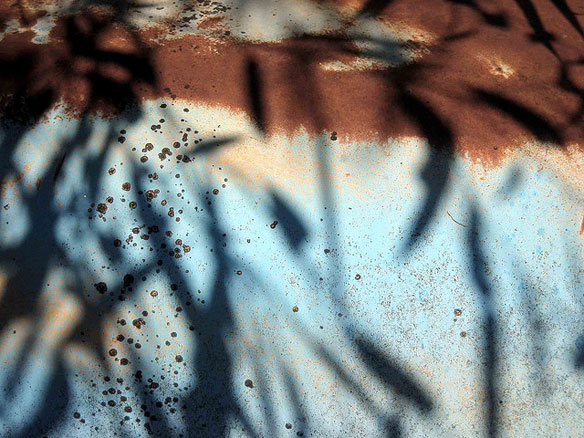
U.S. officials have given BP the go-ahead to drill a new deepwater well in the Gulf of Mexico, its first such permit since last year’s catastrophic oil spill…
